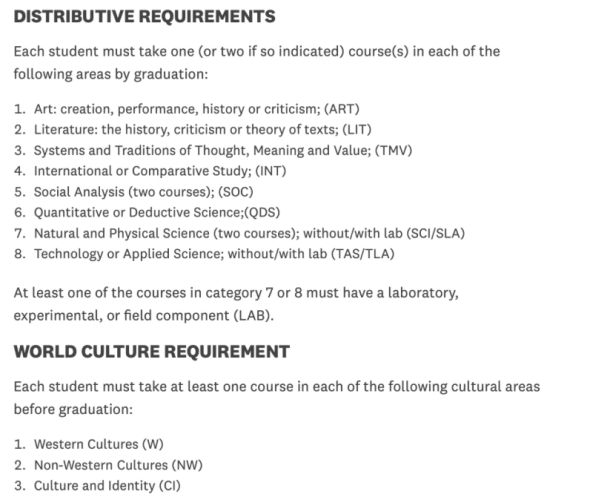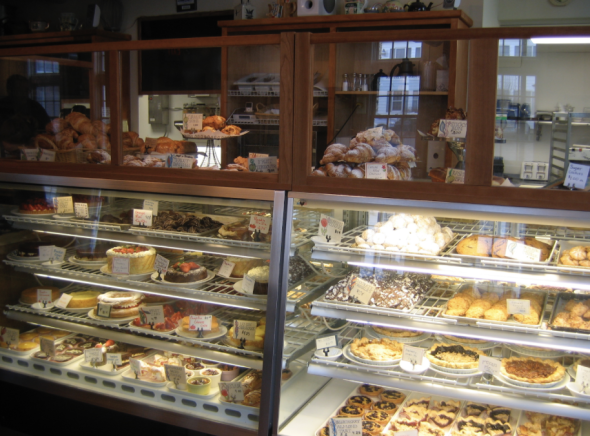
Beyond the Brochure: What Dartmouth Academics Are Really Like
During my freshman year, I wrote a blog reflecting on my decision to attend Dartmouth College. Now, with over a year of experience behind me, I feel compelled to revisit that decision – not from the starry-eyed perspective of an incoming student, but from the more grounded lens of someone who has lived it.
Having spent the first eighteen years of my life as a well-sheltered only child, I've often been called a "hopelessly romantic idealist" by friends and family. I fantasized about college friendships reminiscent of Dead Poets Society, envisioned myself having deep intellectual conversations with professors, and imagined spontaneous outdoor trips to find inner peace. While these moments have, in some ways, come true and become treasured memories, they form only one part of my Dartmouth story.
Living alone in a foreign country for more than a year has reshaped my expectations and prompted a more nuanced understanding of my college experience. Romanticism aside, the Dartmouth experience is also shaped by the tangible, the routine, and the utilitarian. No matter how idealistic you are (and I certainly am), college is also about navigating the practical. With that in mind, I want to offer a more realistic, insider's perspective – starting with academics.
Academics: Three Defining Features
Dartmouth's academic environment is defined by a unique blend of three characteristics: its liberal arts curriculum, its identity as a small college, and its status as a research institution. Together, these elements shape a distinctive and deeply enriching learning experience.
1. Liberal Arts Curriculum
At its core, Dartmouth is a liberal arts institution – one that values exploration and intellectual breadth. Through distributive requirements and off-campus programs, the curriculum encourages students to step outside their comfort zones. As someone who came in without a clear idea of what to major in, I've found this structure liberating. It allowed me to follow my curiosity across disciplines: I've taken classes in everything from computer science (I came in without any knowledge and learned three programming languages in the past five terms) to religion – a subject I initially explored just to fulfill a requirement, but which ultimately became my academic passion. Dartmouth's liberal arts foundation cultivates a mindset of critical thinking and lifelong learning, no matter the field.

2. A Small College Experience
Dartmouth's size fosters close relationships between students and faculty. Most professors live near campus and are deeply committed to teaching. Unlike at many larger universities, undergraduates here are taught primarily by professors, not TAs. Faculty members know their students by name, and they're accessible – whether through office hours, a quick email, or even lunch at Pine (on the college's tab!). I was matched with an academic advisor in my intended major the moment I arrived, and I've since developed close relationships with several professors, including some I've never taken a class with. They've taken the time to get to know me, often inviting me out for breakfast or afternoon tea in town, which has made my academic experience feel deeply personal and connected.

3. Research at an Undergraduate Level
What truly sets Dartmouth apart is its dual identity as both a small college and a research university. Faculty are deeply engaged in their fields, and undergraduates are not only welcomed but encouraged to join in. From day one, students can dive into research through programs like WISP (Women in Science Project), FYREE (First-Year Research in Engineering), and later opportunities like URAD, Presidential Scholars, and the Senior Fellowship. Even as someone who spent much of her first year figuring things out – and sophomore year navigating internship recruiting – I've been able to pursue independent research in the summer after freshman year through research grants and I'm planning to begin more advanced research in a different department through the Presidential Scholars program in junior year. Faculty mentors are always willing to support and guide students.

















